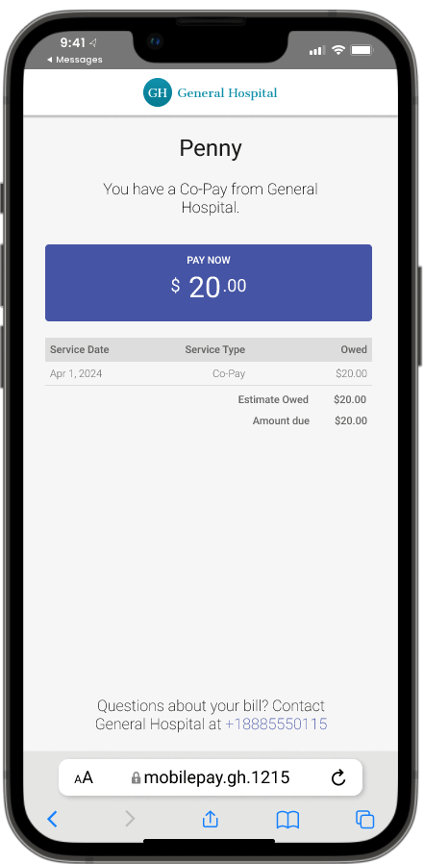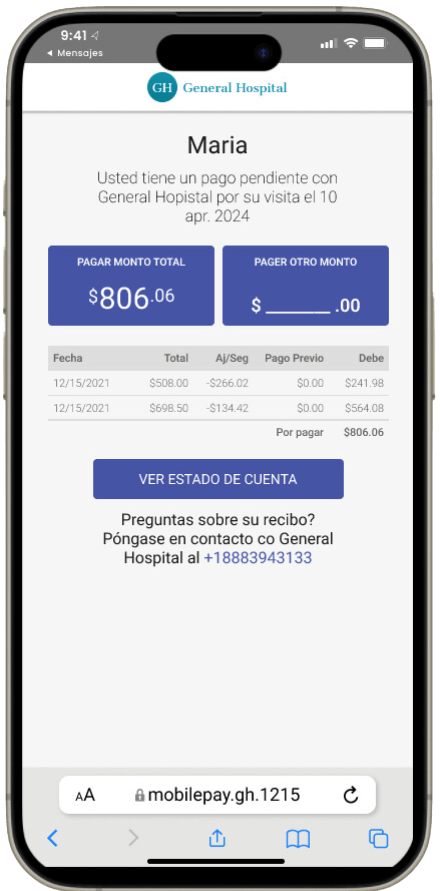Loss of income and health insurance and fears of a potential recession contribute to financial uncertainty for high- and low-income consumers
CHARLOTTE, N.C. – April 29, 2020 – Sixty-eight percent of consumers are concerned about their ability to pay for general medical expenses this year, according to a recent survey commissioned by AccessOne, a leading provider of patient financing solutions designed to help consumers better manage their healthcare costs. Conducted by Engine Insights, the survey asked more than 1,000 respondents how the coronavirus pandemic has financially affected them and what concerns they have about their medical costs in the months ahead.
Key findings within the survey included the following:
- Three-quarters of respondents are concerned that they will lose their jobs as a result of the coronavirus pandemic, and more than half worry they’ll lose their health insurance as a result of that job loss.
- Fifty-eight percent said they would consider delaying a non-emergency but medically necessary surgery this year due to cost, and 56 percent said they would delay a diagnostic procedure due to the expense. The impact on public health could be significant, especially for consumers with chronic conditions and other serious care needs.
- Nearly three-fifths of respondents said that out-of-pocket medical bills are not in their top five high-priority household expenses. This could potentially make it harder for health systems to collect from consumers following the coronavirus pandemic.
“The survey results reveal the extent to which the coronavirus pandemic has a financial and psychological impact on consumers and their healthcare decisions,” says Mark Spinner, CEO for AccessOne. “With nearly 60 percent of consumers planning to postpone medically necessary care, continued delays in the resumption of non-emergency care following the pandemic present not only a public health risk, but also a longer-term financial hardship for providers.”
Additional survey findings explored cost concerns by income and age range:
- High-income earners were more likely to delay surgeries and diagnostic procedures than those with lower incomes. High-income earners were also more likely to be concerned about their ability to pay for their general medical expenses this year.
- Younger generations were more likely to indicate that they are concerned about their ability to pay for their general medical expenses this year than baby boomers.
“To proactively address patients’ financial concerns and bring demand for mainstream care back to providers, health system leaders should strongly consider adopting a strategy of proactive and all-inclusive financial support with cost-effective patient financing programs,” Spinner says. “With consumer credit shrinking and becoming more expensive post-pandemic, flexible payment options from health systems will enable many more patients to make health-driven care choices without fear of financial implications, thereby avoiding long-term negative health impacts.”
The survey was commissioned by AccessOne and conducted by Engine Insights from April 3-5, 2020. Engine Insights surveyed 1,004 people, and completed interviews were weighted by age, sex, geographic region, race and education to ensure reliable and accurate representation of the total U.S. adult population.
To see the full report, click here.
Share this article

